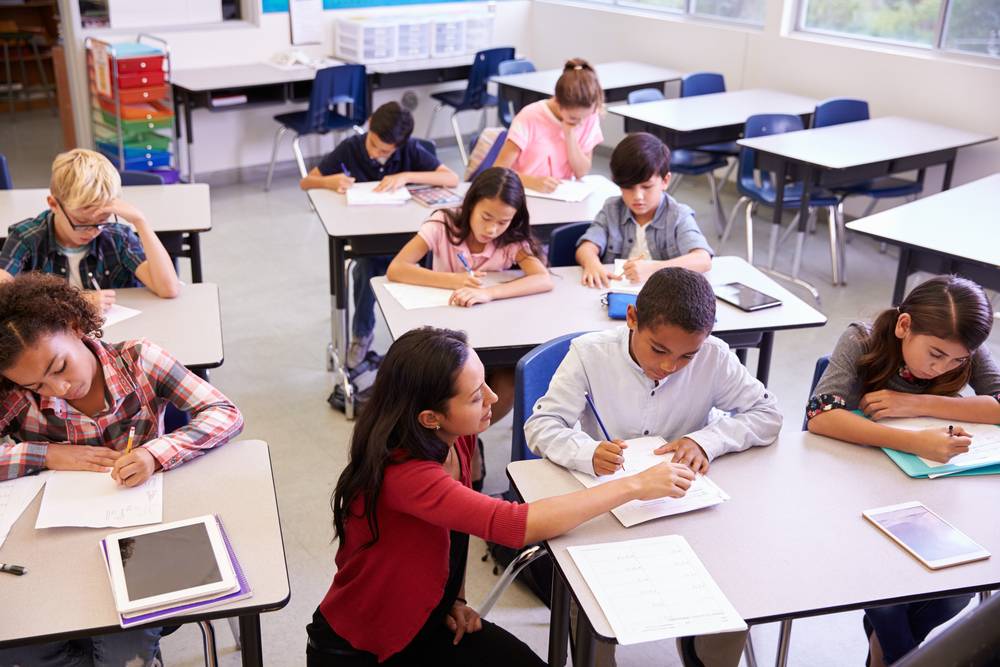Promoting
Self-Advocacy Skills in Students with Learning Differences
For students with learning differences, developing
self-advocacy skills is essential for empowerment, independence, and success in
academic and personal endeavors. Self-advocacy involves the ability to
understand one's strengths and challenges, communicate needs effectively, and
take active steps to navigate the educational landscape. Educators play a
pivotal role in fostering these skills and empowering students to become
advocates for their own learning journey.
One key aspect of promoting self-advocacy is fostering a
growth mindset. Students with learning differences may face challenges and
setbacks that can impact their confidence and self-esteem. By cultivating a
growth mindset, educators help students understand that intelligence and
abilities can be developed through effort, perseverance, and strategies. This
mindset shift encourages students to view challenges as opportunities for
growth, leading to increased confidence in their abilities to advocate for
themselves.
Educators can also teach explicit self-advocacy strategies
to students, such as how to articulate their learning needs, request
accommodations, and seek out resources and support. This may involve
role-playing scenarios, providing scripts or templates for communication, and
discussing real-life examples of effective self-advocacy. By equipping students
with concrete tools and language, educators empower them to communicate their
needs confidently and assertively.
Furthermore, fostering a supportive and inclusive classroom
environment is crucial for promoting self-advocacy skills. Educators can create
a safe space where students feel comfortable expressing their challenges,
asking questions, and seeking assistance. Encouraging open communication and
active listening validates students' experiences and encourages them to speak
up about their needs.
Another effective strategy is to involve students in the
creation of their Individualized Education Plans (IEPs) or accommodation plans.
This collaborative approach gives students a sense of ownership and agency over
their learning accommodations and goals. By actively participating in the
planning process, students develop a deeper understanding of their strengths,
challenges, and the supports available to them.
Educators can also incorporate reflection and goal-setting
activities into their curriculum to promote self-awareness and self-monitoring
skills. Students can track their progress, set academic and personal goals, and
reflect on their learning experiences. This process encourages students to
identify areas of improvement, advocate for necessary adjustments, and
celebrate their achievements along the way.
In conclusion, promoting self-advocacy skills in students
with learning differences is crucial for their academic success and personal growth.
By fostering a growth mindset, teaching explicit strategies, creating a
supportive environment, involving students in the planning process, and
encouraging reflection and goal-setting, educators empower students to become
confident, independent, and resilient advocates for their own learning needs.
These skills not only benefit students during their academic journey but also
equip them with valuable tools for navigating challenges and advocating for
themselves in all aspects of life.




No comments yet
Be the first to share your thoughts!